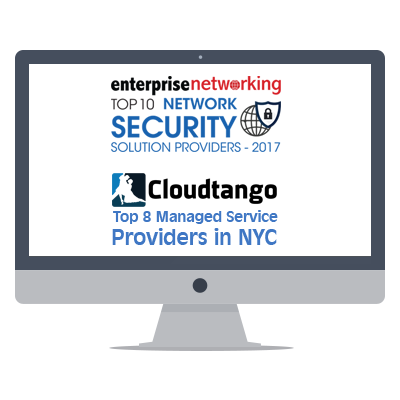
Safeguarding sensitive data is important for businesses to protect their reputation, maintain customer trust, and avoid crippling financial losses. A data breach can expose confidential information that leads to identity theft, fraud and legal repercussions. It can even erode customer confidence, damaging brand image and impacting future business.
The healthcare industry, a cornerstone of modern society, is no stranger to this fight; they have to protect sensitive patient data, after all.
However, a report by Metomic, a specialist in data security and data loss prevention (DLP), has shown the alarming reality of insecure file-sharing practices within healthcare organizations. With 25% of publicly shared files and over two-thirds of privately shared files containing Personally Identifiable Information (PII), the risk of data breaches is undeniably high.
These statistics only ring the alarm bells for better cross-industry data protection measures; for the sake of this article, we will focus on healthcare organizations.
Healthcare organizations are uniquely vulnerable to cyberattacks. Healthcare data is highly valuable to cybercriminals due to its sensitive nature and potential for financial gain.
The intricate network of systems, devices and applications used in healthcare creates numerous potential entry points for attackers. Adherence to stringent regulations like HIPAA adds complexity and pressure to security efforts.
And on top of all this, the increasing reliance on remote work and cloud-based services expands the attack surface.
While healthcare organizations have invested in security measures, the sheer complexity of the threat landscape often necessitates specialized expertise. In-house IT teams, though dedicated, struggle to keep pace with the evolving tactics of cybercriminals. Moreover, the focus on core healthcare operations can divert attention from the nuances of data security.
Who can come in to help in-house teams?
MSPs, of course.
MSPs offer a specialized and comprehensive approach to cybersecurity for healthcare organizations. MSPs possess in-depth knowledge of the latest threats, vulnerabilities and best practices. They provide advanced security solutions at a fraction of the cost of building an in-house team. This means that healthcare organizations can concentrate on patient care while MSPs manage IT infrastructure and security.
MSPs also help healthcare organizations meet regulatory requirements and avoid costly penalties. Additionally, MSPs employ advanced monitoring and threat detection technologies to identify and mitigate risks before they escalate.
And MSPs have established procedures for responding to security incidents to minimize damage and downtime.
Those capabilities are vital for MSPs to play a key role in helping healthcare organizations identify, assess and mitigate risks. This involves:
- Conducting thorough evaluations to identify potential vulnerabilities and prioritize remediation efforts.
- Regularly assessing the organization's security posture to ensure compliance and identify areas for improvement.
- Creating and enforcing data security policies, amongs other necessary procedures.
- Providing cybersecurity awareness training to educate staff about best practices.
- Implementing DLP solutions to protect sensitive data from unauthorized access, use, disclosure, duplication, modification or destruction.
Also, to effectively protect healthcare data, MSPs and healthcare organizations must collaborate closely to establish a robust security foundation.
They need to identify and categorize data based on sensitivity to determine appropriate protection levels. They need to implement strong access controls to limit access to sensitive data to authorized personnel.
Protecting the network infrastructure with firewalls, intrusion detection systems and other security measures helps with network security. Safeguarding devices like computers, laptops and mobile devices with antivirus software, endpoint detection and response (EDR) solutions and encryption help with network security.
Additionally, MSPs and healthcare organizations need to implement regular backups and disaster recovery plans to protect data from loss or corruption as well as develop an incident response plan to address security breaches effectively.
“Healthcare organizations need data security and DLP platforms that not only help protect highly sensitive information, but also provide tools to ensure employees are not inadvertently sharing data or giving access to files that put the organization at risk,” said Rich Vibert, co-founder and CEO, Metomic.
Now, that’s not to say MSPs cannot apply these capabilities to other businesses across various industries.
Just as healthcare organizations benefit from MSPs, so too can regular businesses. MSPs offer a lifeline for companies navigating the complex IT landscape. By outsourcing IT management, businesses can focus on core competencies, reduce operational costs and mitigate risks. MSPs provide specialized expertise, round-the-clock support, and scalable solutions, ensuring optimal system performance and security. This allows businesses to operate efficiently, avoid costly downtime and protect sensitive data from cyber threats.
In essence, MSPs better equip businesses and organizations from various industries to thrive by handling the complexities of IT. They free up resources and enable a focus on growth and innovation.
Edited by
Alex Passett



